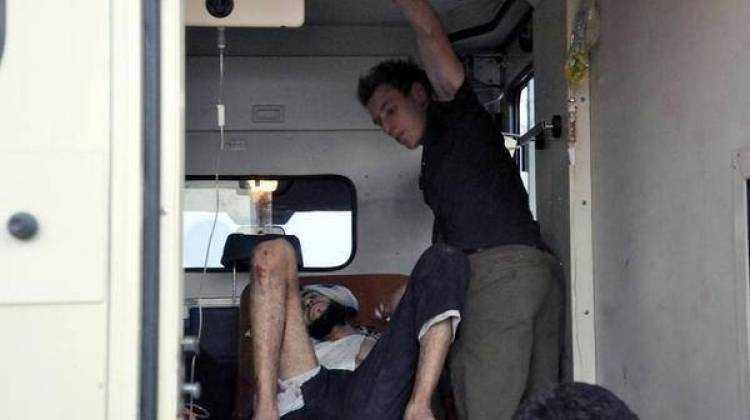
Abdul-Rahman Kassig working as an EMT to help a wounded man. A trained emergency medical technician, Kassig provided medical aid and first-aid training to those involved in the Syrian conflict in his work with Special Emergency Response and Assistance (SERA). Photo taken near Deir Ezzor in August 2013.
Photo provided to the Kassig family by the copyright owner with permission for media use.
The U.S. government confirmed the authenticity of a video released Sunday showing the murder of Abdul-Rahman Kassig, formerly known as Peter. Family and friends say the 26-year-old felt compelled to serve others, regardless of the risk.
When Peter Kassig graduated from North Central High School in 2006 he enlisted as an Army Ranger, briefly serving in Iraq.
He received an honorable discharge for medical reasons the following year. He returned home and studied at Hanover College, then Butler University. He became a certified Emergency Medical Technician along the way.
But as the “Arab Spring” unfolded in 2011 and civil war erupted in Syria, Kassig found himself compelled to serve once again — not in the name of war this time, but in the name peace.
At a prayer service last month, Kassig’s father Ed recalled a phone call he’d received from his son while on spring break from Butler in 2012.
“'Hey dad, I’m in Lebanon,’" Ed Kassig recalled. "He wasn’t talking about Boone County. When others headed for the beach, He headed for Beirut.”
By May, Kassig was living in Lebanon. He first worked as a volunteer EMT in a Tripoli hospital. In September he founded Special Emergency Relief and Assistance, or SERA. The organization provided first-response assistance to Syrian refugees—providing food, medical supplies and first-aid training to local populations.
Sarah Pollom is Kassig’s friend from Hanover College. Speaking last month, she said his relief work in Syria had finally given him the sense of direction he’d been searching for back home.
"He was just searching for something here for so long, and he was trying to find his place. And he finally found a cause that was worthy of this attention," Pollom said. "I feel he wanted to jump in whole heartedly and do as much as he possible could with his entire heart and his head."
By summer 2013 he had moved SERA operations to southern Turkey. It was on an aid supply run to north-eastern Syria that militants stopped the ambulance Kassig was traveling in and detained him. It was Oct. 1 last year.
Kassig would remain in captivity until some point within the last month. A video released Sunday shows he was killed by the same Islamic State executioner believed to be responsible for the deaths of two other American and two British civilians — three journalists and a fellow aid worker.
In a 2012 interview with CNN, Kassig explained why he felt the need to help those in need, regardless of threats to his own well-being.
“We each get one life and that’s it. You get one shot at this. We don’t get any do-overs, you know, and like for me, it was time to put up or shut up," Kassig said. "The way I saw it, I didn’t have choice. You know, like, this is what I was put here to do. I guess I’m just a hopeless romantic, and I’m an idealist, and I believe in hopeless causes.”
Peter Kassig willingly converted to Islam while in captivity. He changed his name to Abdul-Rahman. In a letter smuggled out by one of his former cellmates, Kassig told his parents he was at peace with his faith and scared to die, but that he could “seek refuge and comfort in knowing that I went out as a result of trying to alleviate suffering and helping those in need.”
 DONATE
DONATE


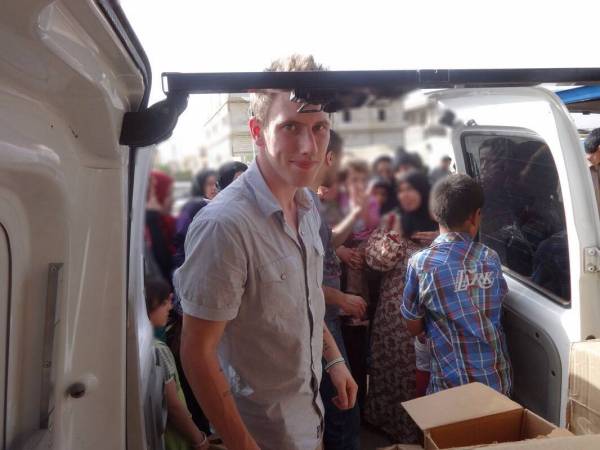
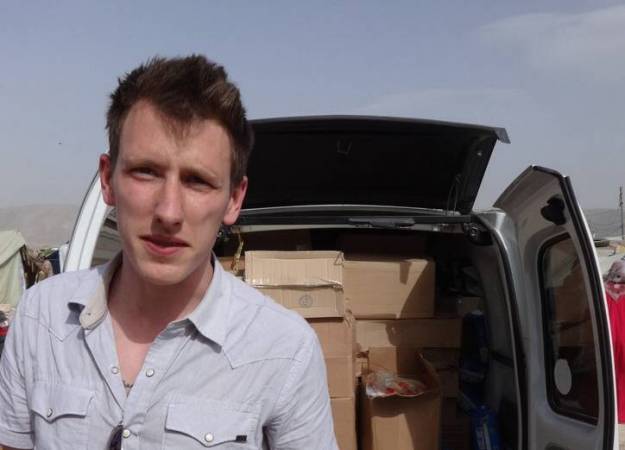
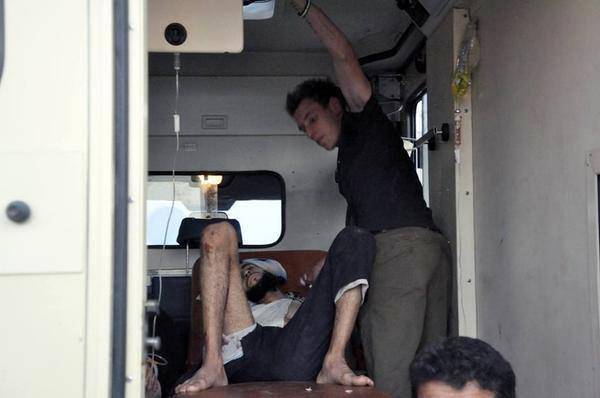
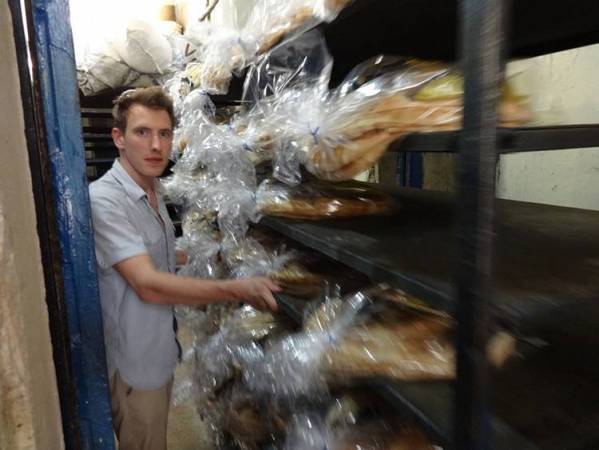
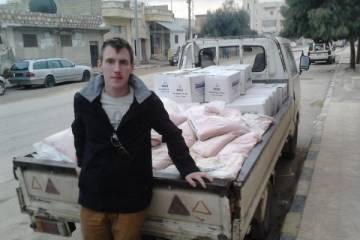
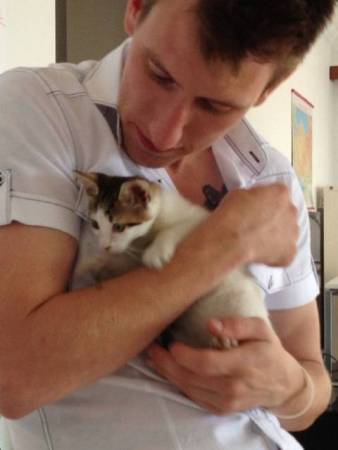
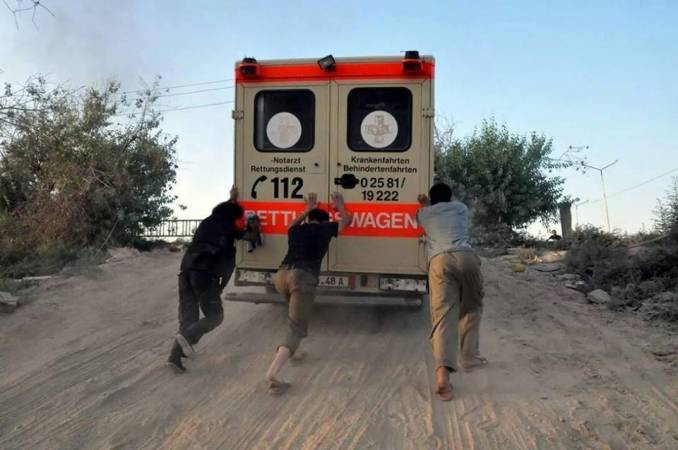

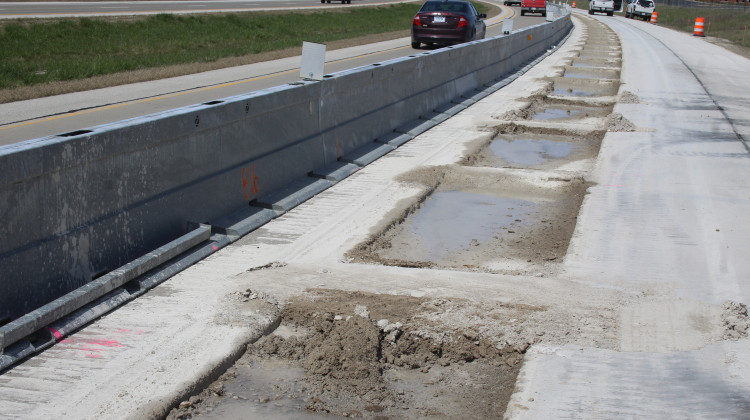
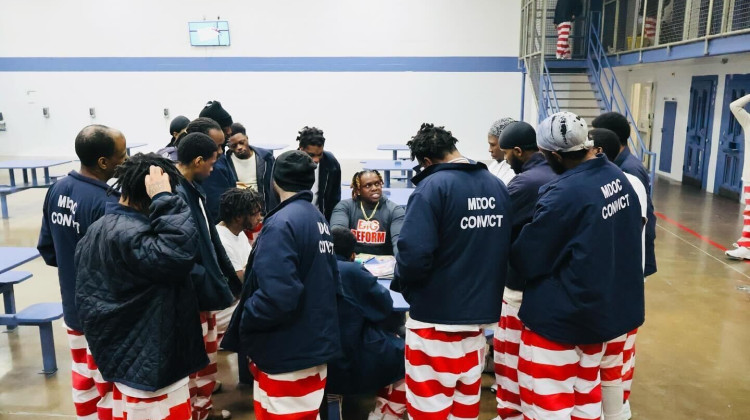

 View More Programs
View More Programs
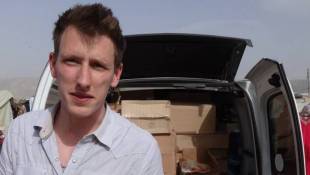
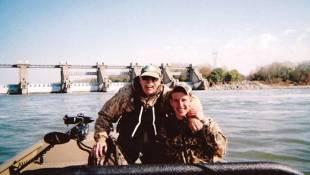

 Support WFYI. We can't do it without you.
Support WFYI. We can't do it without you.